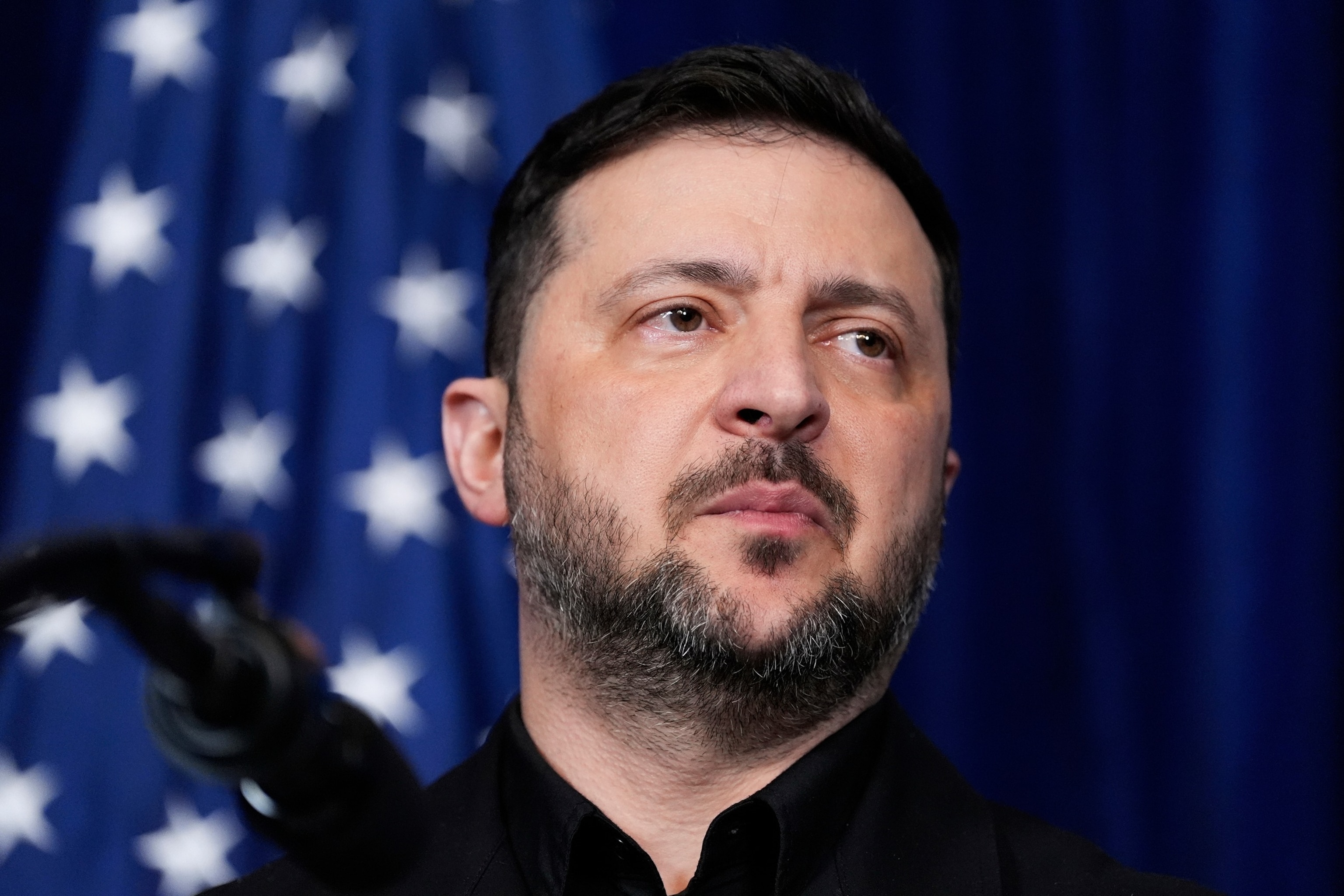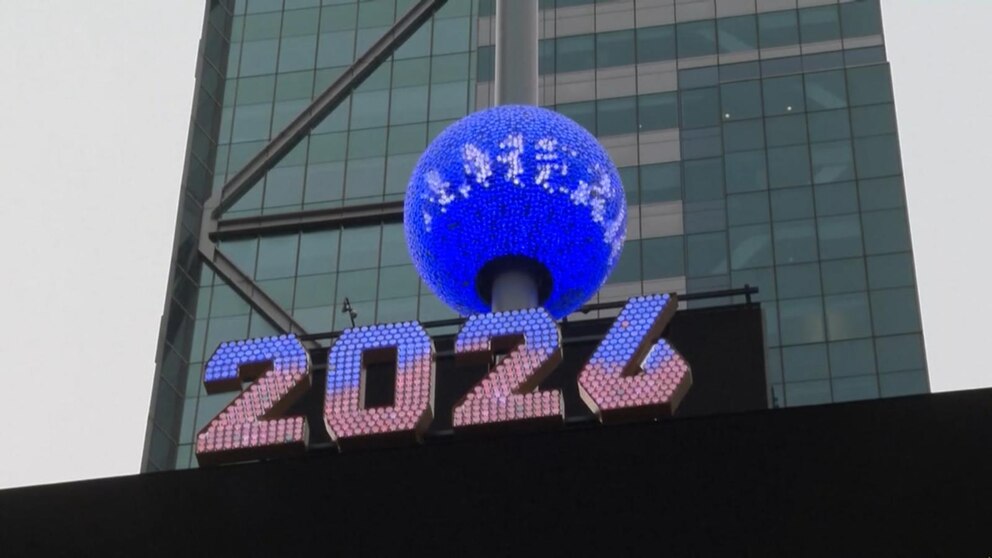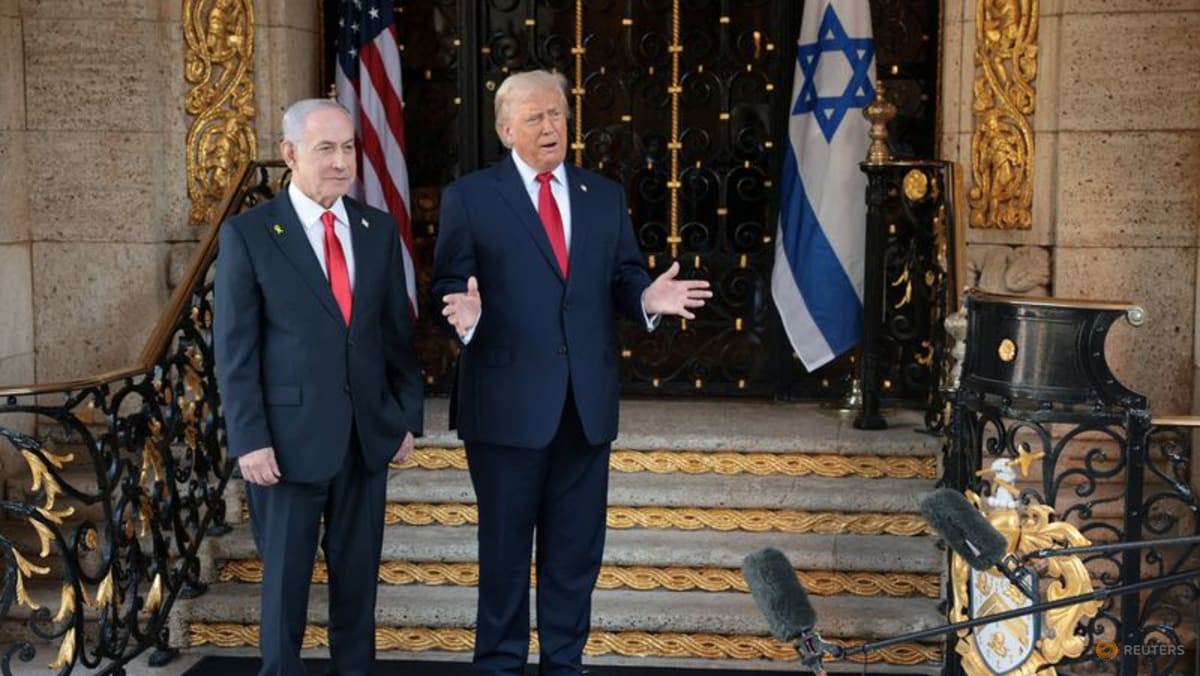Trump federal indictment: What happens next?
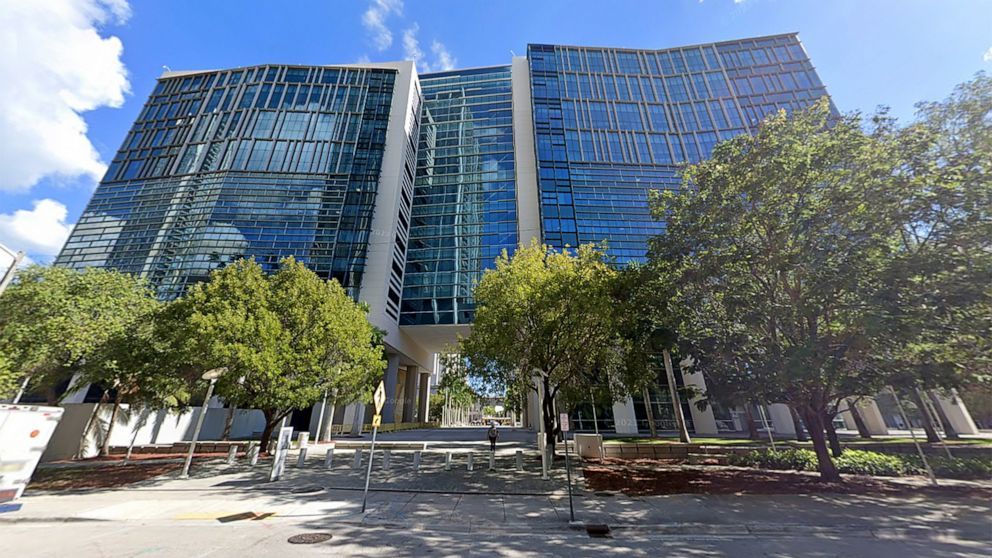
For the second time in two months, former President Donald Trump will be arraigned on criminal charges, this time in connection with his alleged mishandling of top secret documents after leaving office.
Trump was previously arraigned in April after he was indicted on 34 counts of falsifying business records by Manhattan prosecutors and is awaiting a trial that is expected to begin next year.
However, his pending case in a Florida federal court, which has been known to adhere to speedy trials, may be a swift one and have long-lasting effects on his bid for the White House and other investigations.
First court appearance in Miami
The Wilkie D. Ferguson Jr. United States Federal Courthouse in Miami, Florida.
Google Maps-Street View
Trump is scheduled to be arraigned on his 37-count indictment on Tuesday and will appear before a judge in Miami.
He will surrender to the authorities, be processed and then be taken before the judge.
It is unlikely that Trump will be in handcuffs during this process.
The former president has repeatedly denied any wrongdoing and decried federal prosecutors, and is expected to plead not guilty.
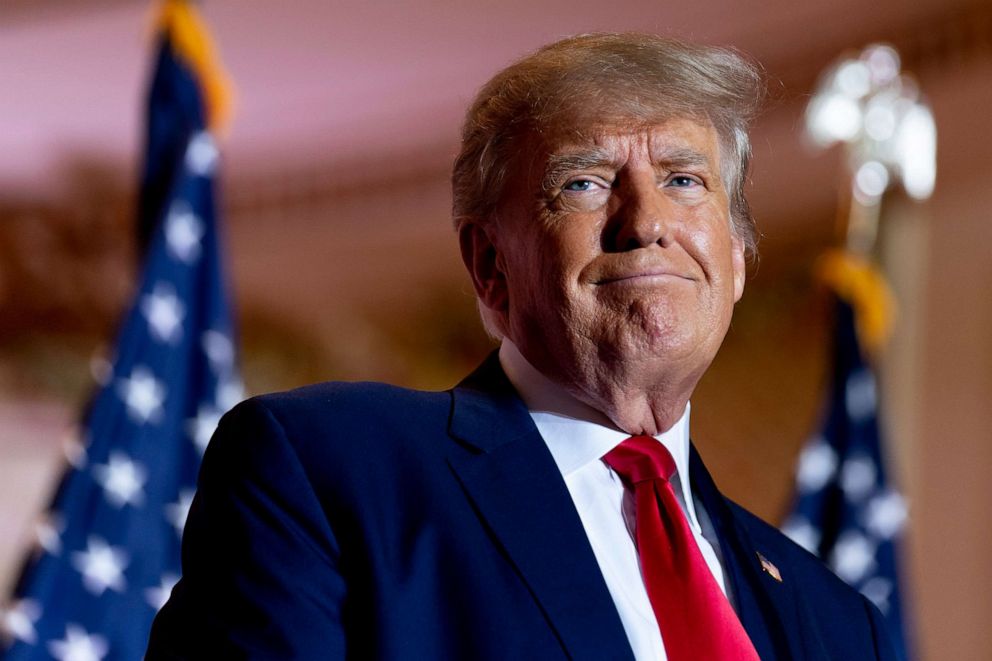
Former President Donald Trump speaking at Mar-a-Lago in Palm Beach, Fla., Nov. 15, 2022.
Andrew Harnik/AP, FILE
Security around the court began ramping up following the announcement of the indictment.
“The U.S. Marshals are responsible for the protection of the federal judicial process, and we take that responsibility very seriously. Ensuring that judges can rule independently and free from harm or intimidation is paramount to the rule of law, and a fundamental mission of the USMS,” a spokesman for the U.S. Marshal Service told ABC News in a statement.
Following his plea, the judge will have the right to remand Trump on bail or release him on his own recognizance before adjourning for a future date.
Trump was released on his own recognizance following his arraignment in a Manhattan criminal court in April.
‘Rocket Docket’ court sets timeline expectations
Following Trump’s plea, the federal judge will adjourn the case for another date and allow attorneys an opportunity to review the indictment charges and make motions regarding the case, including seeking to have the charges dismissed or evidence suppressed.
It’s unknown when the next hearing or the trial date will be, but legal experts say based the on venue of the case, the Southern District of Florida, it may be soon.
The district is known to be a “rocket docket” court, a term used by legal professionals for venues that adhere to the swift trials.
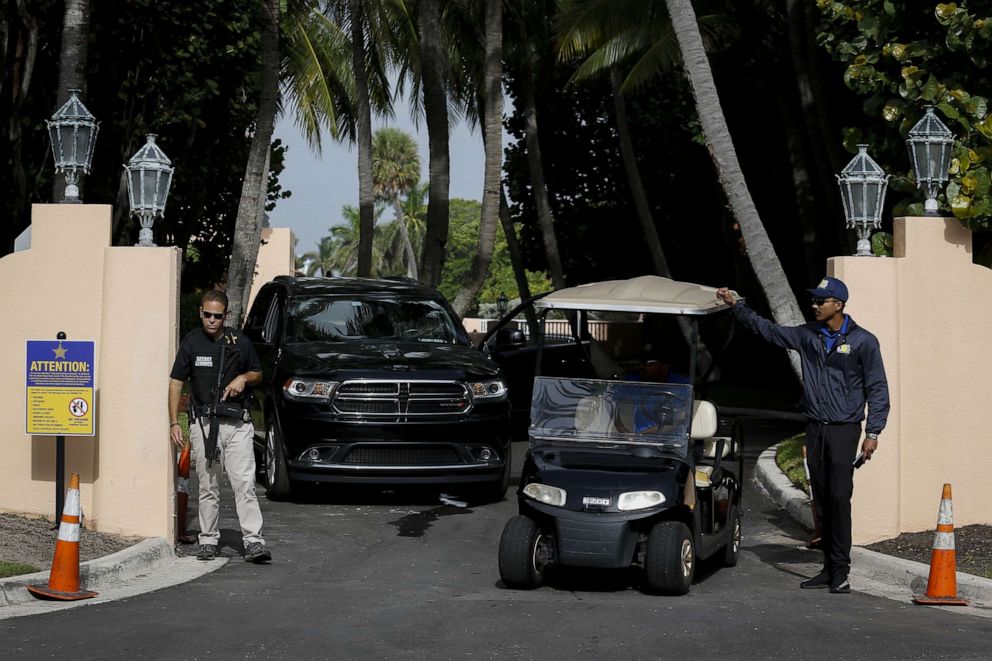
US Secret Service and Mar-A-Lago security members stand at the entrance of former President Donald Trump’s house at Mar-A-Lago in Palm Beach, Florida, Aug. 9, 2022.
Eva Marie Uzcategui/Bloomberg via Getty Images
“You can expect a criminal case to be resolved within six months of an indictment issuing,” Walter Norkin, a former federal prosecutor in the Southern District of Florida, told ABC News. “The judges in the Southern District of Florida adhere very strictly to the Speedy Trial clock, which, with limited exceptions, requires trial or conviction to occur within 70 days.”
Special counsel Jack Smith also stressed that his office would push for a speedy trial “consistent with the public interest and the rights of the accused,” during a news conference Friday after the indictment was unsealed.
“It’s very important for me to note that the defendants in this case must be presumed innocent until proven guilty, beyond a reasonable doubt in a court of law,” he said.
Trials clash with campaign schedule
Trump has maintained that he will continue to campaign for the GOP ticket as the court cases and investigations continue.
In fact, he has boasted about his probes at several rallies, campaign emails and statements. He is also raising money off the indictment.
The timetable of the federal could affect key campaign events. The GOP has currently scheduled its first presidential debate for August 23.
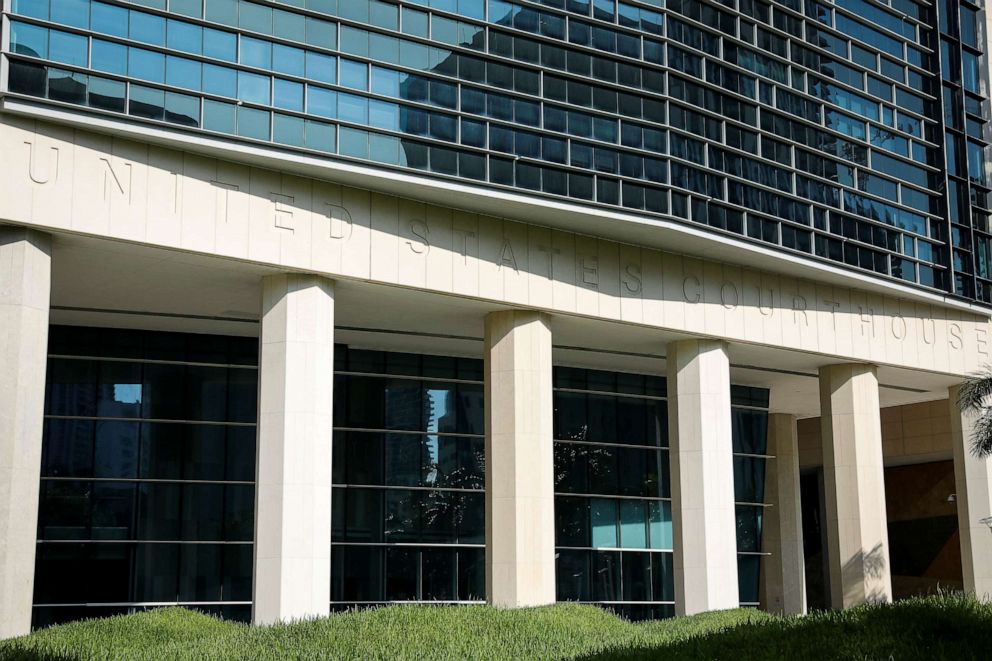
The Wilkie D. Ferguson Jr. United States Courthouse in Miami, Florida, June 9, 2023.
Marco Bello/Reuters
Trump hasn’t immediately indicated if he will attend the event.
He is also under investigation in Georgia over election interference during the 2020 race, but it is not known if or when charges could be brought against Trump.
Trump’s case in Manhattan is slated for their criminal trial to begin in March 2024, just as the presidential primaries pick up.
ABC News’ Jack Date contributed to this report.
Source: abc news





